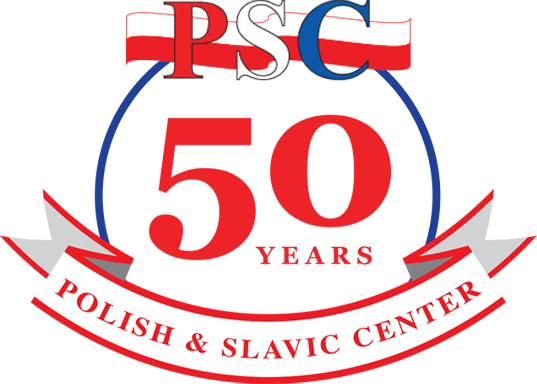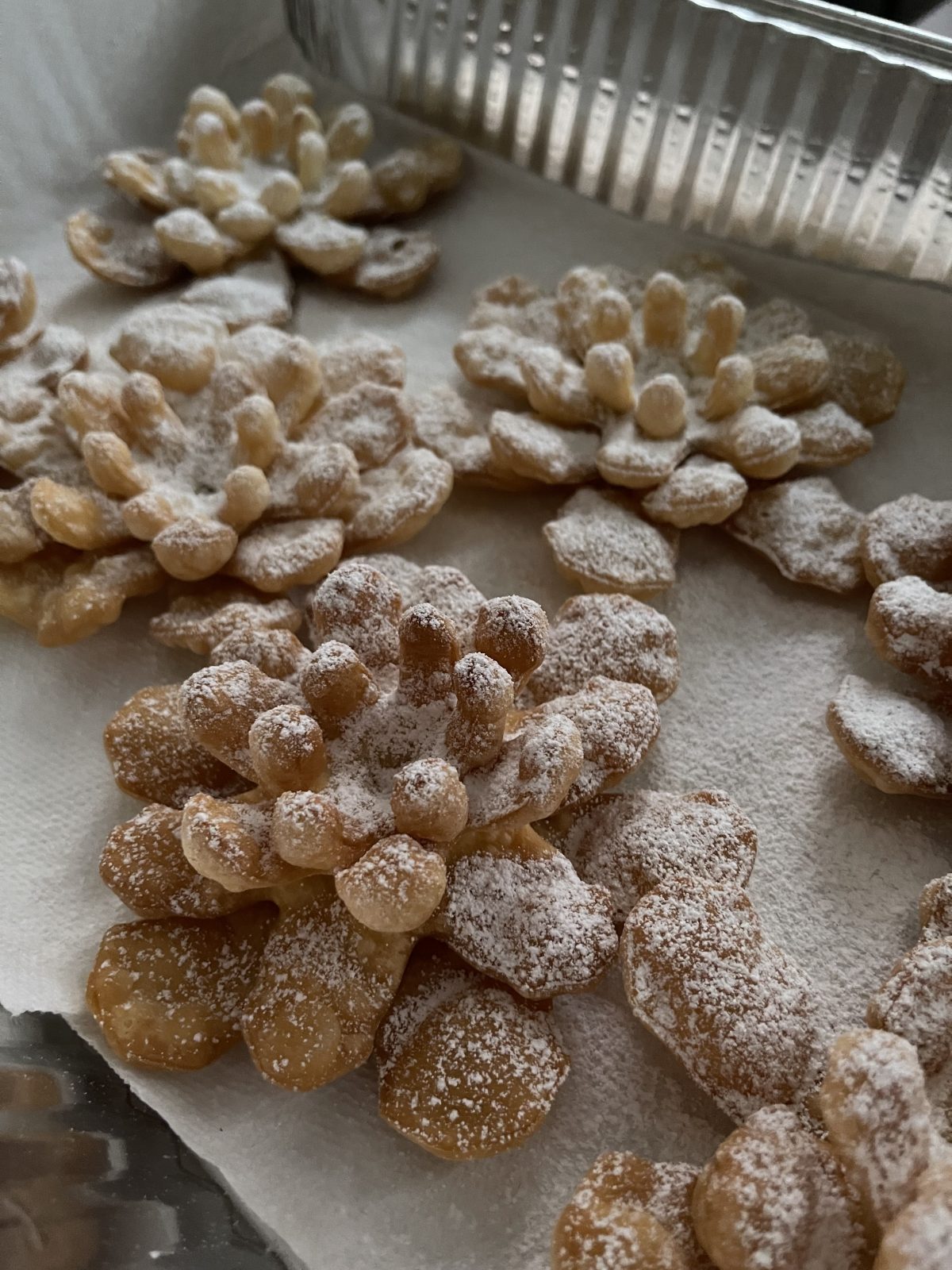“Recipe for Chruściki” – Culinary Workshops at a Polish Saturday School in Southern Brooklyn
Each country has its own traditions and way of celebrating carnival. During last year’s workshops, students of the Polish Supplementary School at the parish of M.B. Częstochowska and Św. Kazimierz from Brooklyn learned Polish customs, including the secret of frying delicious rose and plum donuts.
This year, on the Friday after Fat Thursday, instead of frying donuts, high school students and their mothers stood at unconventional silicone and traditional beech wood pastry boards to learn how to make faworki or, if you prefer, Chruściki.
The school principal Małgorzata Czajkowski and teacher Wojciech Krzyształowicz played the role of confectionery masters. While the dough was resting, they conducted a passionate culinary lesson for 45 minutes. The oil temperature was converted from Celsius to Fahrenheit and it was found that the higher the number next to the flour name, the thicker and denser it is and requires more effort when kneading the dough, and the consistency of the dough and the oil temperature have a decisive influence on making the Chruścik crispy and tasty.
While enjoying the ready-made faworki, they watched the frying of extremely impressive carnival roses. It was recalled that “Shrovetide” is a time known in Poland since the Middle Ages for sleigh rides, balls and dances, lasting from Epiphany to “Kusy” or “Devil’s” Tuesday, before Ash Wednesday, which precedes Lent.
And although, according to ethnographers, the tradition of Shrovetide is slowly disappearing, the last Friday of Carnival turned out to be extremely joyful in Polish schools. This four-hour, intergenerational meeting was held thanks to the cooperation of teaching staff, parents and the Polish-Slavic Federal Credit Union (PSFCU), which tirelessly supports institutions cultivating Polish tradition and culture, such as the school in southern Brooklyn.
Katarzyna Solarz

